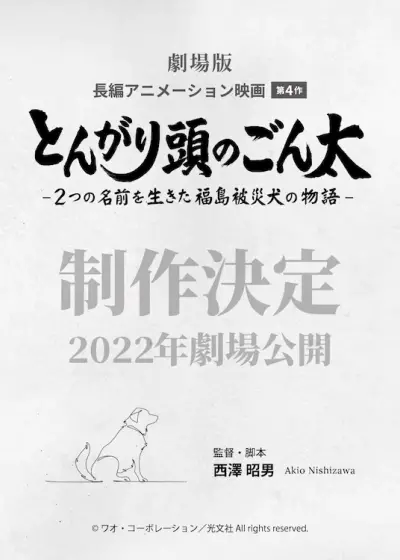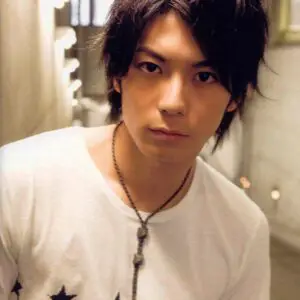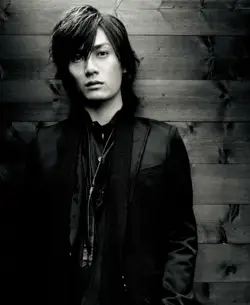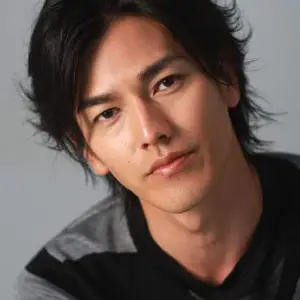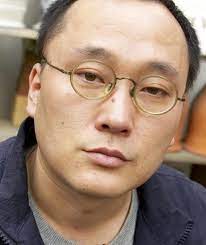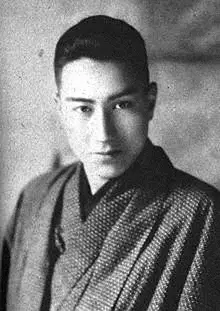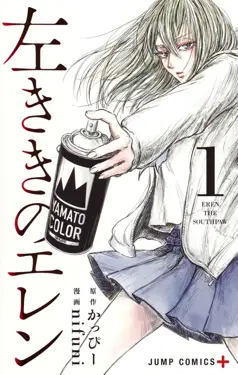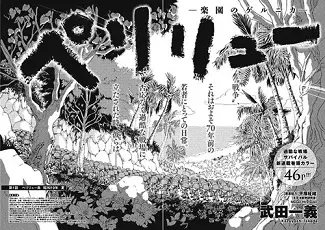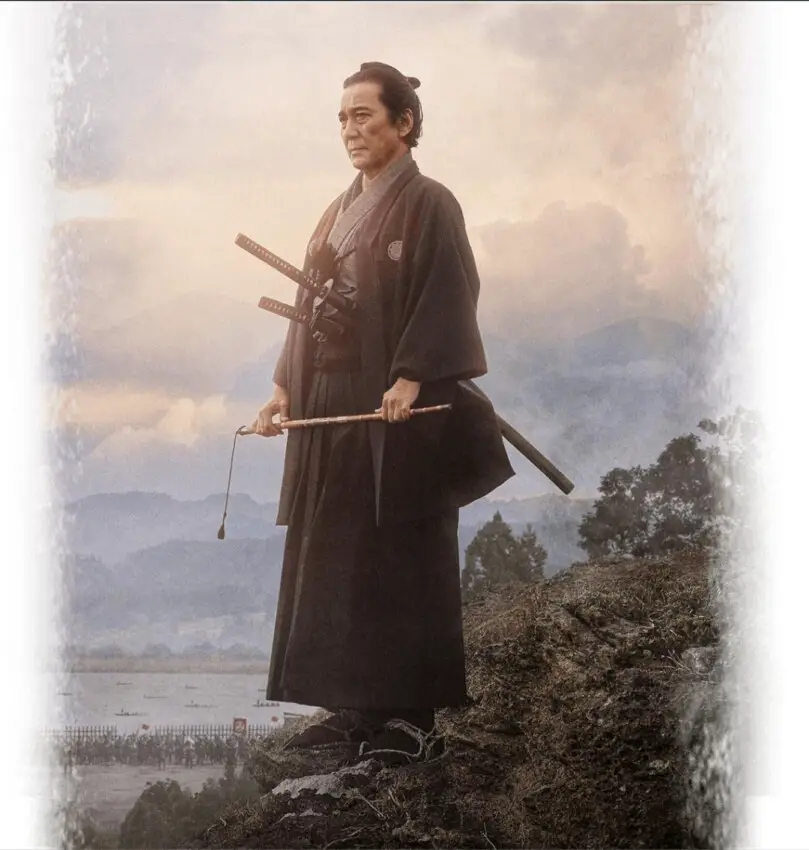
Movie Digest
Ryotaro Shiba’s final year, during which he attempted to secure peace and sovereignty without joining the East or West forces.
The Feel Good Part
The focus is primarily more on the numerous conflicts, with the various locations where the war was taking place being superbly depicted, highlighting the cinematography, location scouting, but most importantly, the editing, with the way the setup changed according to Tsuginosuke’s instructions, whose presence served as an interval between these shifts, being truly impressive.
The Disappointing Factor
This picture is limited by its overt familiarity and antiquated sensibilities. Yes, it’s a throwback, and it’s satisfying. However, even when contrasted to the films it references, it feels regressive. This is amplified when Tatsuya Nakadai appears for a brief cameo.
In-Depth Analysis
The last samurai who led a 690-strong army against a 50-thousand-strong enemy – In 1867, political control was returned to the Emperor and the Tokugawa Shogunate’s 260-year reign came to an end, with the domains being divided into the Eastern Army and the Western Army. The Boshin War began in 1868 with the battle of Toba-Fushimi. Tsuginosuke Kawai, the chief attendant of Nagaoka, a tiny domain in Echigo, chose not to join either army and instead practised “armed neutrality.” In the samurai era, battle was the norm, but he believed that war was not the answer and that it could not defend the citizens. Kawai tries to talk quietly, but things go south, and as a Tokugawa Shogunate hereditary feudal lord, he later decides to stick to his obligations and engage the Western Army in gunfire. Kawai was a man who cherished his wife and sought nothing but the best for his homeland. The final battle of a man who wished for a world of peace is about to begin.
Star Power
Koji Yakusho’s acting, which is once again excellent and measured, highlighting both his expertise and charisma. The sequence in which he is dancing, in particular, will leave a lasting impression on the audience. The performance and casting are both excellent, with Takako Matsu as Suga and Natsuta Nakadai as Tsuginosuke’s colleague giving the film a star quality.
Overall Opinion
Overall, the film’s production values showcase its large budget, with top-notch costume and set design, and the battles benefiting the most from the large number of extras, which increased the impression of realism these scenes generated. Apart from this and the protagonist’s somewhat romanticised portrayal, “The Pass: Last Days of the Samurai” is an amazing jidai-geki that will satisfy all samurai film aficionados.


